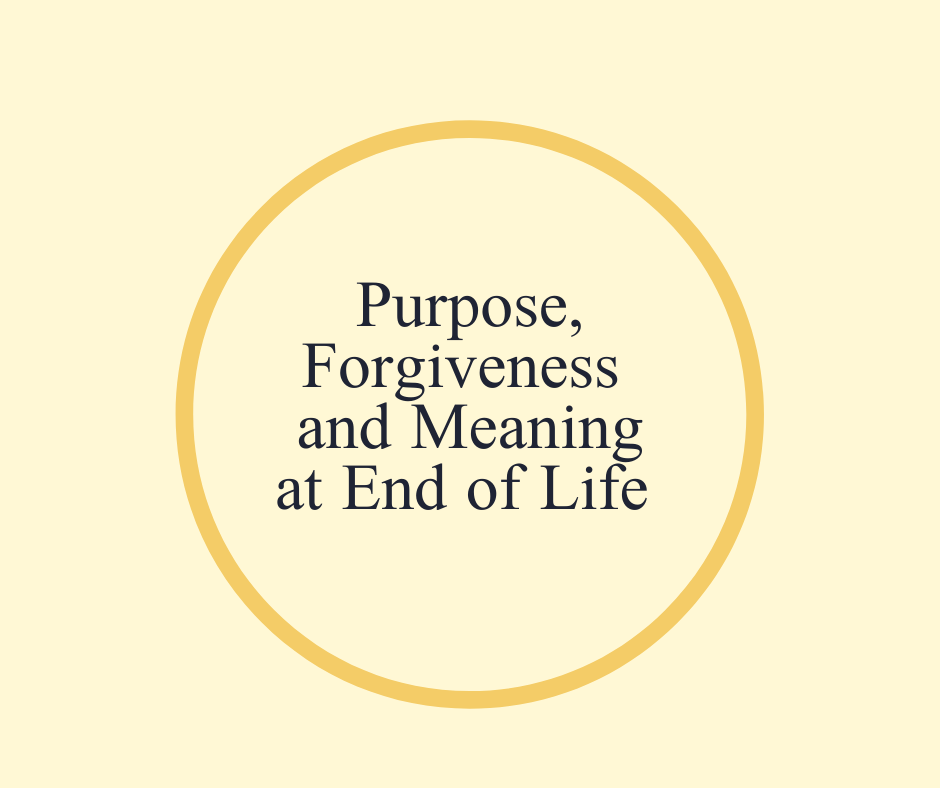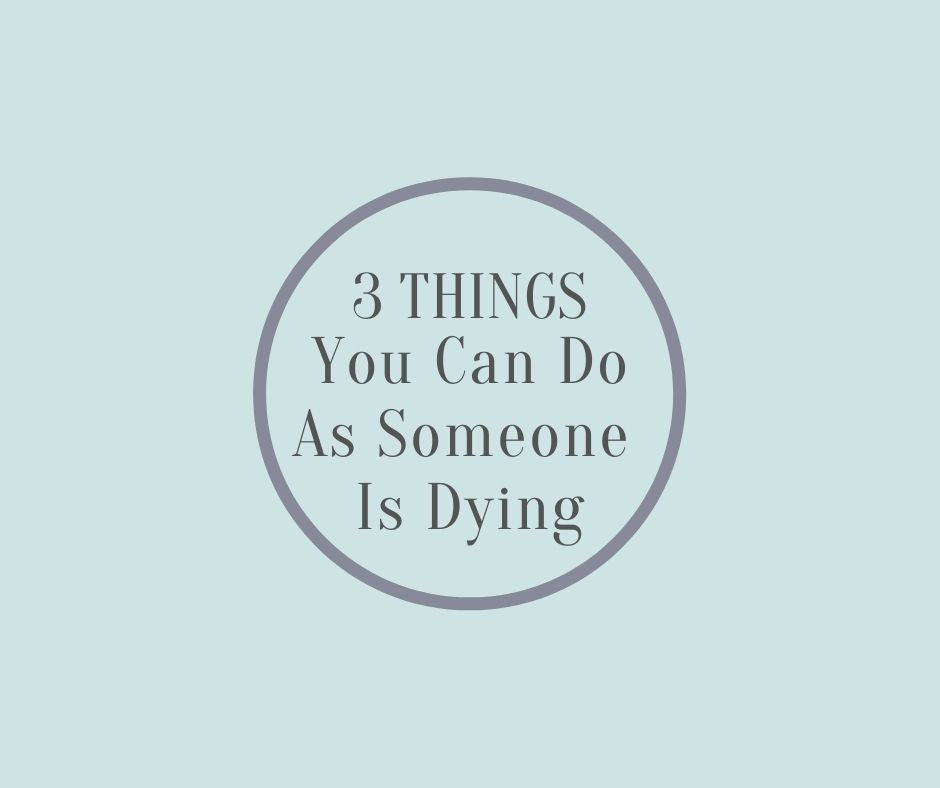The following excerpt is from an email I received from a friend whose father is on hospice care. This evoked so many emotions in me as I read it: Anger, sadness, frustration, followed by, “I have to write a blog about this.”
Dear Barbara, “ . . . comfort care only now, which is challenging too. Feels so out of control not knowing what’s happening. We’re so used to labs, etc. My best guess right now is that a kidney stent that was placed a couple of weeks ago is failing and causing major increase in pain. But, there’s no one to talk to about it. I guess that’s how this works but it’s hard . . . Hospice has been good in some ways, but also kind of unreliable, so that’s hard. No shows, not calling, forgetting to order meds they said were ordered, dropping meds off the med list accidentally. Feels like we have to to watch everything closely. Even the pill box was filled wrong twice. Sorry... I’m venting. I’ll stop now."
Where is the hospice that I know and love? Where is the hospice philosophy and reputation that many of us work so hard to provide? What is happening to Hospice? I am not over reacting to one incident. I get emails like this all too frequently.
Comments in this letter which cause concern include: “Not knowing what is happening”, “there is no one to talk to”, "lack of pain management", “unreliable”, “feels like we have to watch everything closely”. These aspects of hospice care are so important I will address each individually.
“Not knowing what is happening”: It is our job as hospice providers to educate our family in everything that relates to their loved one’s approaching death. Educate about the signs of approaching death, about the disease progress, about comfort management, nutrition and not eating, about hydration, about skin care--educate, educate, educate!
“There is no one to talk to”: Hospice is suppose to be one big ear. We listen, we guide, we support. We may not have answers but we listen. We encourage questions. We encourage conversation. We act like we have all the time in the world to be of assistance--even when we don’t.
“Pain”: We are back to education again. She is having to guess about something that hospice could be explaining with various possibilities and how Hospice will address them.
“Unreliable”: Really? A family with a loved one on Hospice is under such stress. So much in their life is “unreliable” (disease progression, emotions, uncertainty of almost everything) that for hospice to add to that stress is beyond unacceptable. Yes, mistakes happen, occasionally being the operative word here, not in the pattern described above. With all the woman is experiencing of course she feels she “has to watch everything closely”. She has invited strangers into her house and life at a time when she is in turmoil, experiencing fear about the unfolding experience and is now dealing with what appears as incompetence. Hospice is adding to her burden rather than relieving some of the stressors.
Hospice can not take the experience and sadness of a loved one dying away. Our goal is to help the family create a sacred experience, to help their loved one have as gentle a death as possible, and when we have done our job well the family will have that sacred memory.
It is sad for me to say that too many families (and one is too many) are not having that fulfilled experience that leads to a sacred memory.
If you’re not getting the Hospice care you need, look to see if there is another Hospice available in your area.
If you are a Hospice professional, take good care of yourself. Make sure that you are able to give the best that Hospice can provide.
Something More about... Where Is The Hospice I Know and Love?
Every family with a loved one in hospice needs to read Gone From My Sight, Signs of Approaching Death and The Eleventh Hour. They need the support and education that the books supply for support when the hospice nurses aren't with the family. It will help the nurses for the families to know that what is happening with their loved one and what to expect. This knowledge will take pressure off the staff because an educated family is a more relaxed family. If the family isn't able to sit and read due to anxiety, fear or depression, watching NEW RULES for End Of Life Care soon after the patient arrives in hospice will help immensely. It will take 25 minutes to watch and everyone will be on the same page. And to my dear hospice nurses, please watch Care for the Caregiver. I made that short film to support you all.








24 comments